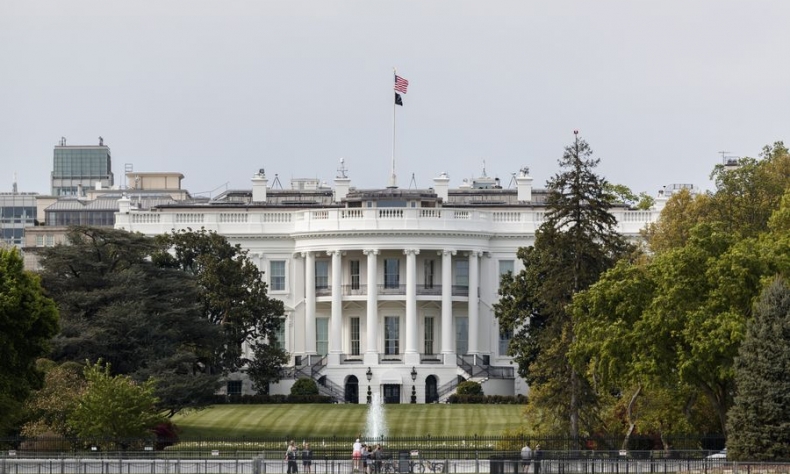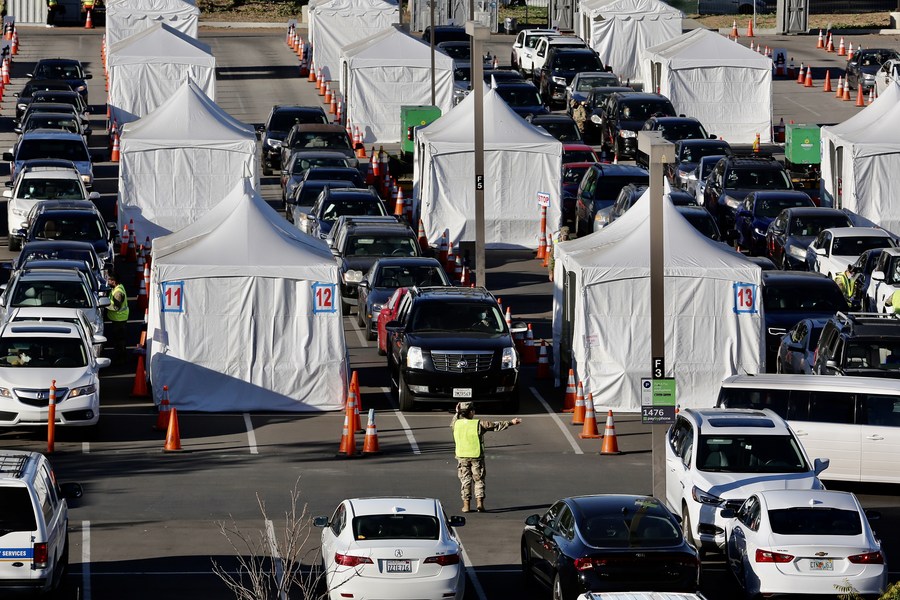US Falls Behind in COVID-19 Vaccination Rate

America is a land of contradictions. It’s a country whose government will hoard vaccines, then its people will refuse to take them.
Watching the coronavirus pandemic from South Korea, with an eye on the United States, my country of citizenship, has been a new experience.
Last year, I was in China when Wuhan was quarantined; then, I was in America when the country was put under lockdown. I saw how poorly the U.S. government handled it at multiple levels, and I was not so optimistic about how the vaccination rollout would proceed.
However, this past Spring, the U.S. looked like it was doing something right. By early April, one-third of Americans had been vaccinated, according to data compiled by Our World in Data. The U.S. had the third-highest vaccination rate in the world at that point, and President Biden expressed his hope that 70% of Americans would have received one dose by July 4, America’s Independence Day.
America’s early lead in the vaccination game was helped by two factors: the early approval of the American-made Pfizer vaccine, and the procurement of contracts for 1.2 billion doses.
Now the U.S. has so many unused vaccines it is giving some away to needy countries, while many of its own citizens are refusing to get vaccinated. The problem isn’t supply. It is the mass vaccine refusal by conspiracy theorists and political fools.
As a result, it has fallen behind many of its peers in vaccination take-up, and it looks like it will get worse. In May, America’s northern neighbor, Canada, overtook it, in the vaccination rate. Now, the U.S. has just been surpassed by Italy and Germany. France is close behind, and Brazil, whose supply includes SinoVac, is vaccinating its people quickly.
I left the U.S. for South Korea before I could take advantage of America’s vaccine supply. Now, I am waiting for my chance to get vaccinated, while people back in the States decline the chance because of fears over extremely unlikely side effects that are less dangerous than the disease the vaccine protects against (South Korea vaccinates all foreign residents, and I am a worker here).
South Korea’s vaccination drive, like much of the world that did not horde vaccines, started out slowly and encountered some disruptions; however, it has ramped up quickly.

From the beginning of June, the share of population with one dose increased from 13% to 29%. Meanwhile, the U.S. has 45 times more daily deaths per capita than South Korea, despite its early vaccination success.
The problem is multifold. First, there are pockets of Americans who won’t get vaccinated for inane reasons. Many were skeptical of all vaccines prior to COVID-19. The U.S. has seen outbreaks of measles in some places because of “anti-vaxxers.”
Many of them are right-wingers who have identity politics grievances with “liberal” scientists. There are people who never thought the coronavirus was serious or even real in the first place because Donald Trump and conservative pundits dismissed it as part of a failed reelection gambit. Indeed, vaccination rates are lower in counties that voted for Trump than those supporting President Biden.
However, vaccination rates have also been low amongst the African-American community, which did not vote for Trump, a fact that has sometimes been blamed on people’s propensity to believe in conspiracy theories about racist medical practices.
This could create outbreaks among individuals and communities that refused vaccination, while leaving the vaccinated mostly safe. Without achievement of herd immunity, the unvaccinated are just as at risk as they were before, or more so, with the Delta variant taking hold; yet, the majority of the country will have moved on.
On the other hand, if the share of unvaccinated is so great that the virus continues to spread virtually unchecked in clusters, it could lead to even worse variants. In a worst-case scenario, even those who are vaccinated might not be protected.
Whatever the reason, it is shameful, greedy, and deeply unwise of anyone who has access to a coronavirus vaccine to refuse it. It is surreal, sitting here reading what American athletes and celebrities say, like American football player Cole Beasley saying he’s not going to get vaccinated, because he’d rather “live free” and risk dying.
That is to say, he would rather be forced to get tested daily, wear a mask, and have his personal interactions monitored, as mandated by the National Football League, than to be safe going to concerts, clubs, and anywhere else he might choose.
America is a land of contradictions. It’s a country whose government will hoard vaccines, then its people will refuse to take them. A wealthy country whose government is working on a $1 trillion infrastructure bill, while an apartment tower in Miami can collapse with heavy loss of life.
Now I sit here 10,000 kilometers away, feeling safer and freer than I did in America last year, and my pessimism was partially warranted.
Mitchell Blatt is a columnist with China.org.cn.
 Facebook
Facebook
 Twitter
Twitter
 Linkedin
Linkedin
 Google +
Google +










